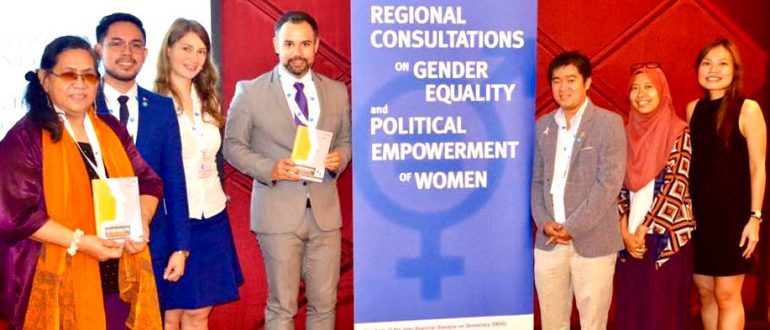History of Southeast Asia: History of Southeast Asia, history of the area from prehistoric times to the contemporary period. Knowledge of the early prehistory of Southeast Asia has undergone exceptionally rapid change as a result of archaeological discoveries made since the 1960s, although the interpretation of these
Mar 17, 2014 · VietNamNet Bridge – Traditional costumes are cultural beauty of each country. Below are the traditional dresses of ten countries in the Association of Southeast Asian Nations (ASEAN).




These Southeast Asian recipes include Cambodian chicken-and-rice soup, Vietnamese sandwiches, Penang curry and more.
Stereotypes of East Asians are ethnic stereotypes found in American society about first-generation immigrants, and American-born citizens whose family members immigrated to the U.S., from East Asian countries, such as China, Japan, South Korea, and Taiwan.

Reporting by Michael Taylor, editing by Megan Rowling; Please credit the Thomson Reuters Foundation, the charitable arm of Thomson Reuters, that covers humanitarian news, women’s rights, trafficking, property rights, climate change and resilience.



About us Our Clinic. The Metro Toronto Chinese & Southeast Asian Legal Clinic is a community based legal clinic funded by Legal Aid Ontario which provides free legal services to low income, non-English speaking clients from the Chinese, Vietnamese, Laotian and Cambodian communities in Toronto.
Asia How to Apply Recent Grants Luce Initiative on Asian Studies and the Environment (LIASE) LIASE Grants LIASE Conference LIASE Resources
Ride-hailing giant Uber is selling its Southeast Asia operation to its leading rival Grab marking a further retreat from international operations.

Southeast Asia: Southeast Asia, vast region of Asia situated east of the Indian subcontinent and south of China. It consists of two dissimilar portions: a continental projection (commonly called mainland Southeast Asia) and a string of archipelagoes to the south and east of the mainland (insular Southeast Asia).

The five precepts (Pali: pañcasīlāni; Sanskrit: pañcaśīlāni)) constitute the basic code of ethics undertaken by upāsaka and upāsikā (lay followers) of Buddhism. The precepts in all the traditions are essentially identical and are commitments to abstain from harming living beings, stealing, sexual misconduct, lying and intoxication.